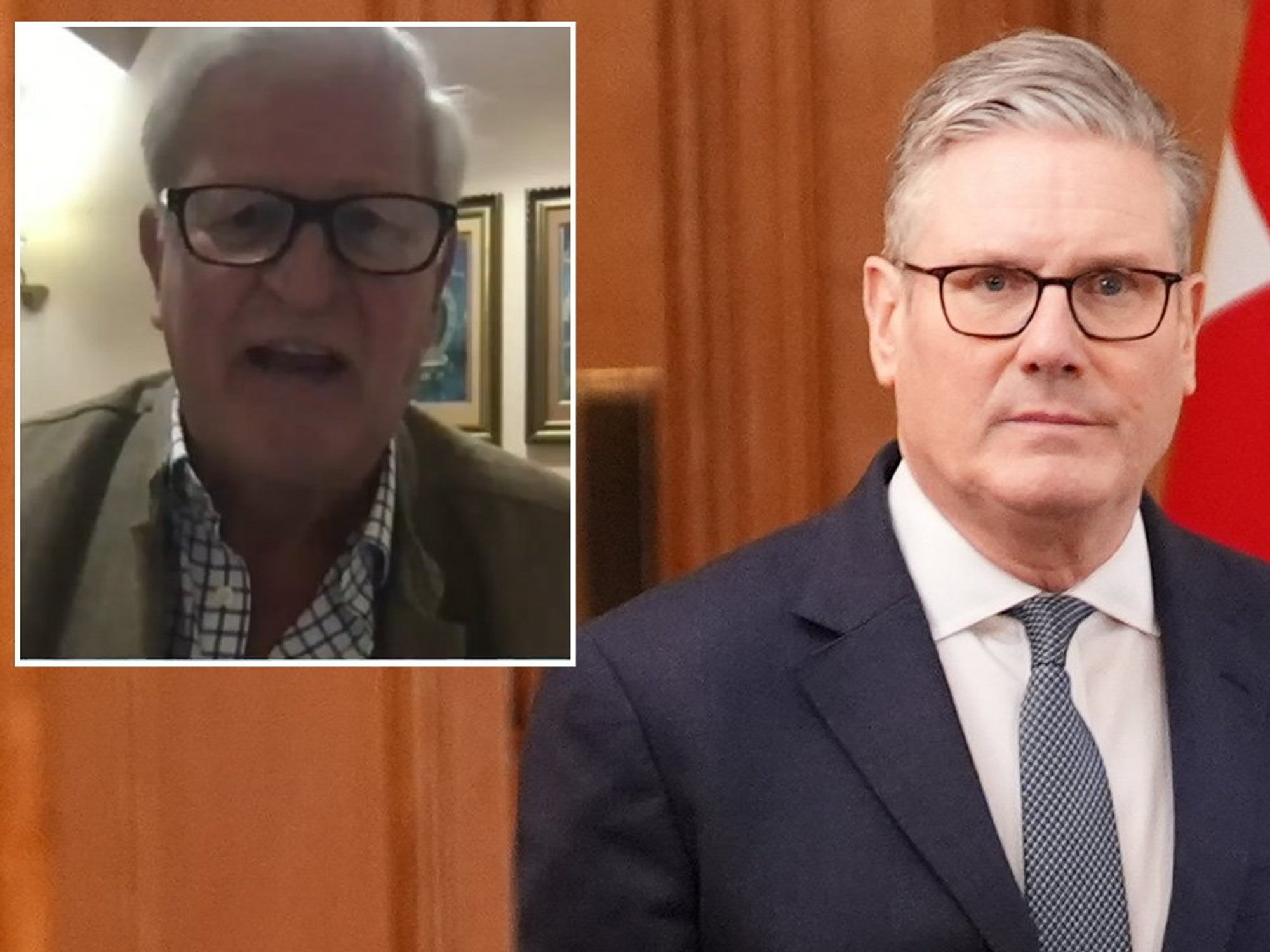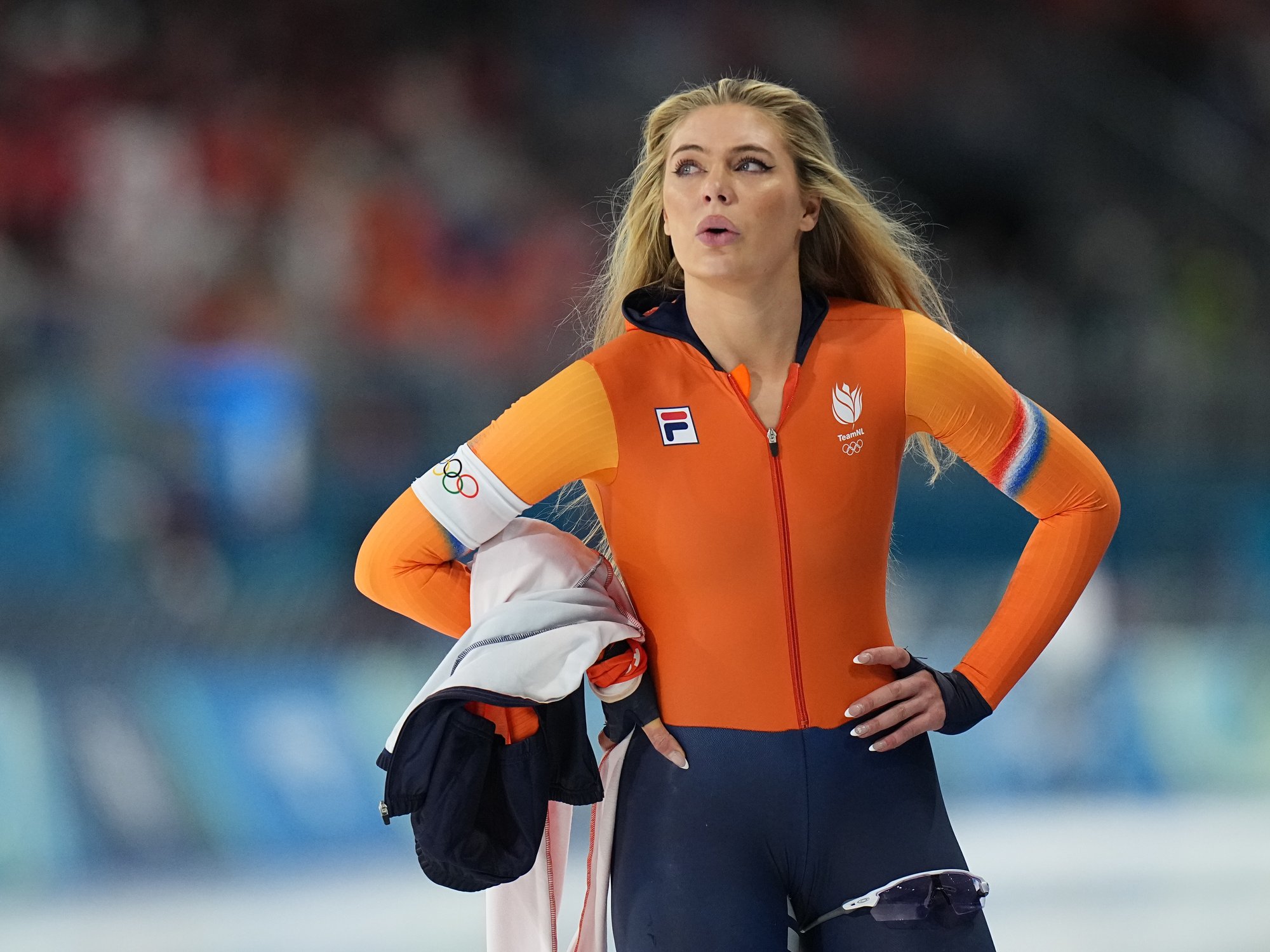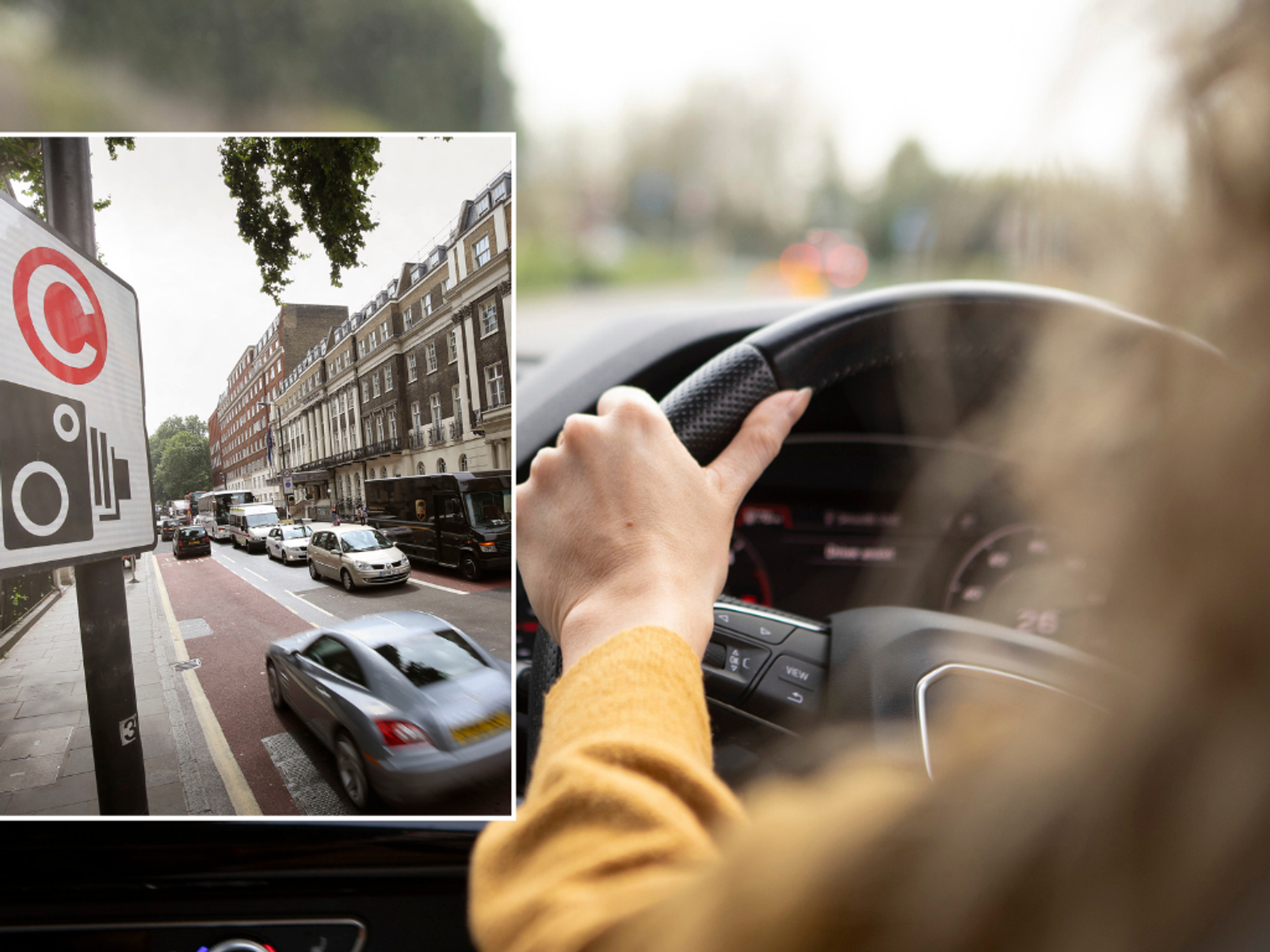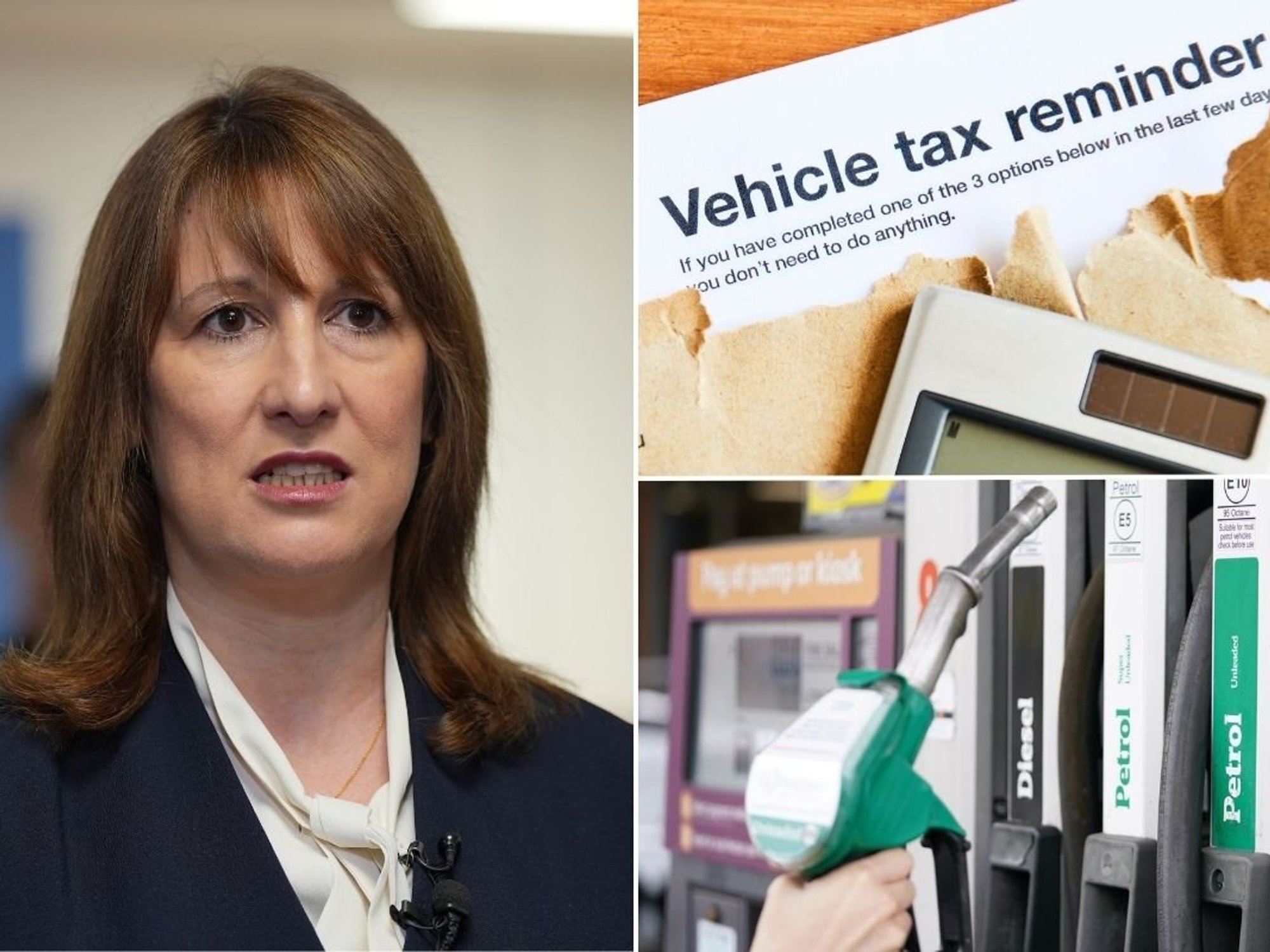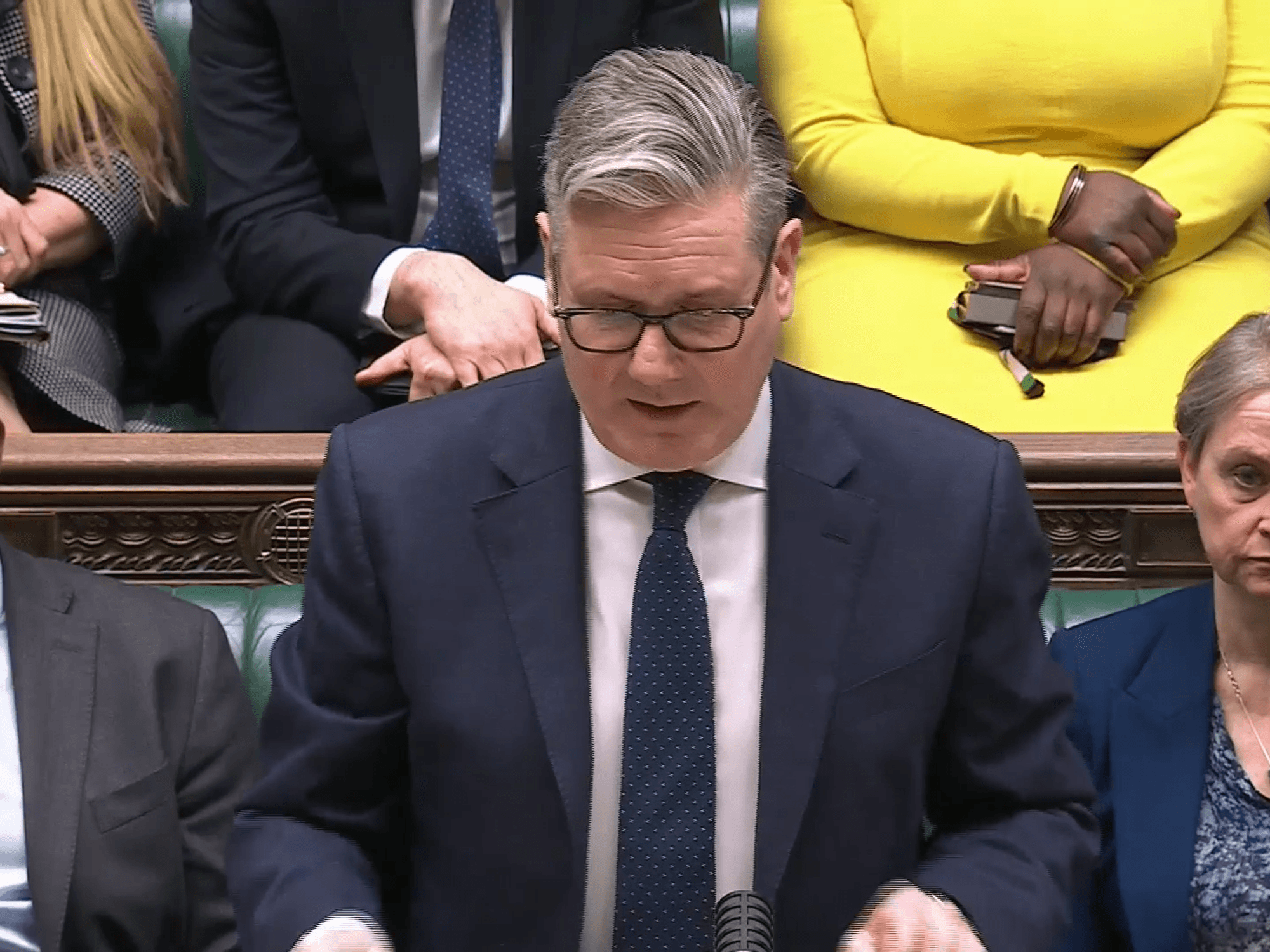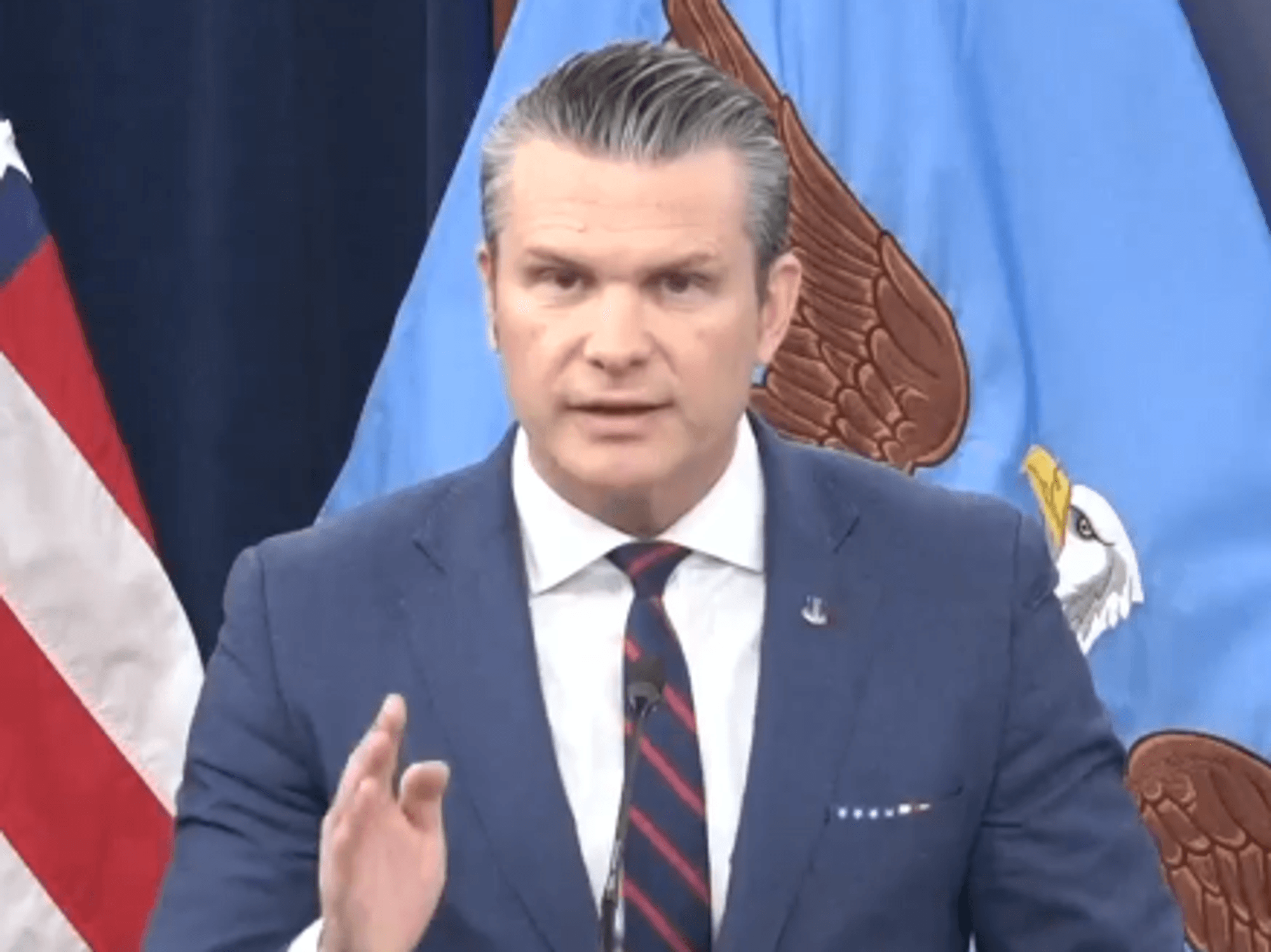BBC 'pauses' trans diversity training after landmark Supreme Court ruling
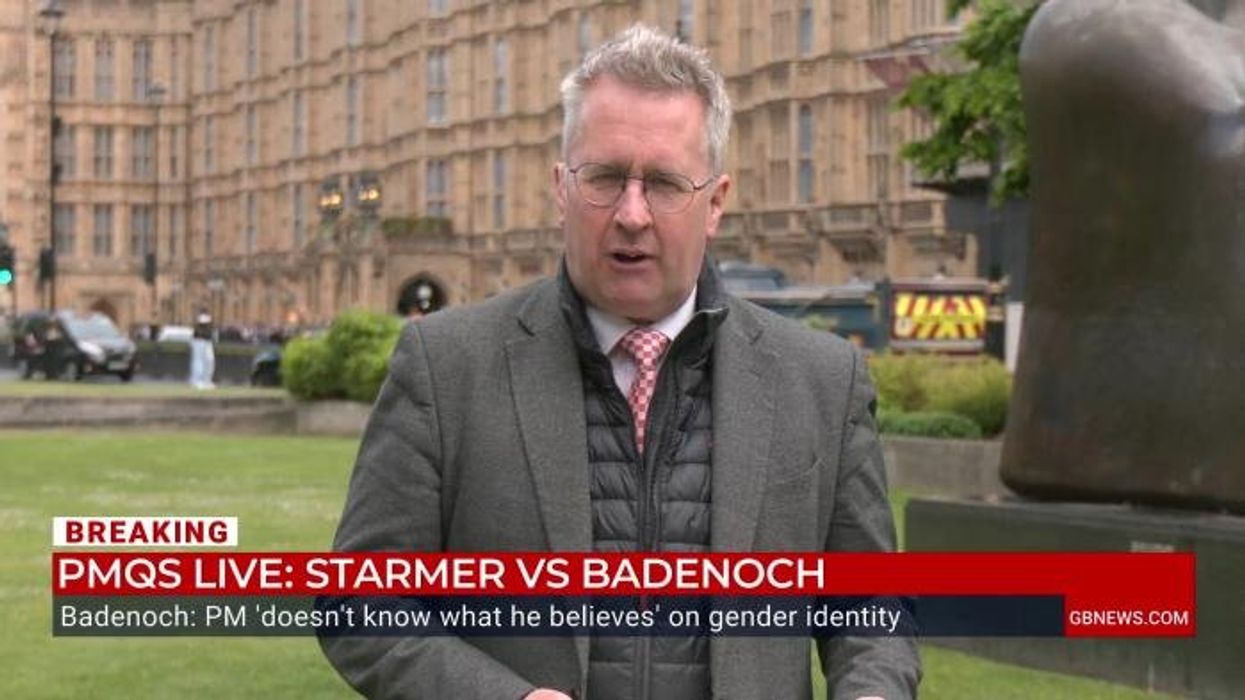
GB NEWS

Meanwhile, two additional diversity programmes have undergone modifications rather than suspension
Don't Miss
Most Read
Trending on GB News
The BBC has "paused" diversity workshops focused on transgender and LGBT topics whilst reviewing their compliance with a Supreme Court decision from April.
The broadcaster is examining whether the training materials correctly define "sex" in accordance with the ruling.
The Supreme Court determined that within the Equality Act, "sex" means explicitly biological sex rather than gender identity chosen by individuals in the landmark April ruling.
This legal clarification has prompted the BBC to reassess its approach to diversity education.
Documents obtained by the Telegraph through a freedom of information request have revealed that two workshops within the BBC's 2024 diversity strategy have been temporarily withdrawn following the review process.
The LGBTQ+ Allies programme, designed to help staff “learn more about LGBTQ+ identities and experiences" and "discuss ways that you can step up as an active ally to the LGBTQ+ community", and the Trans Insights training remain on hold whilst undergoing compliance checks.
Meanwhile, two additional diversity programmes have undergone modifications rather than suspension.
The BBC and You course and the Inclusive Leadership training have both been revised, including changes that eliminate content on pronouns and remove material related to gender self-identification.
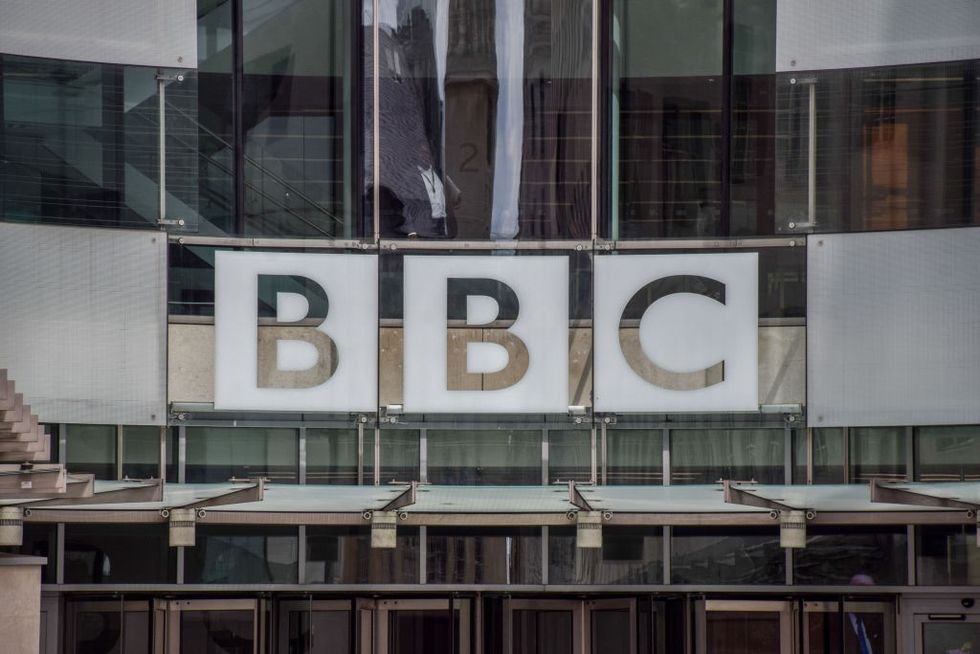
The BBC has 'paused' diversity workshops focused on transgender and LGBT topics
| GETTY/BBCThe changes ensure alignment with the Supreme Court's interpretation of sex-based rights under equality legislation.
A BBC spokesman said: "We are not rowing back on our inclusivity training – we have simply paused two of our courses while we await final guidance from the Government following the Supreme Court ruling.
"Once we have this, we’ll ensure our training and the language it uses are updated to meet any legal obligations.
"We have assessed where ‘sex’ and ‘gender’ are referred to across HR policies and training and we identified four training courses where there are references to ‘sex’ and ‘gender’. We have implemented changes as a result."
LATEST DEVELOPMENTS
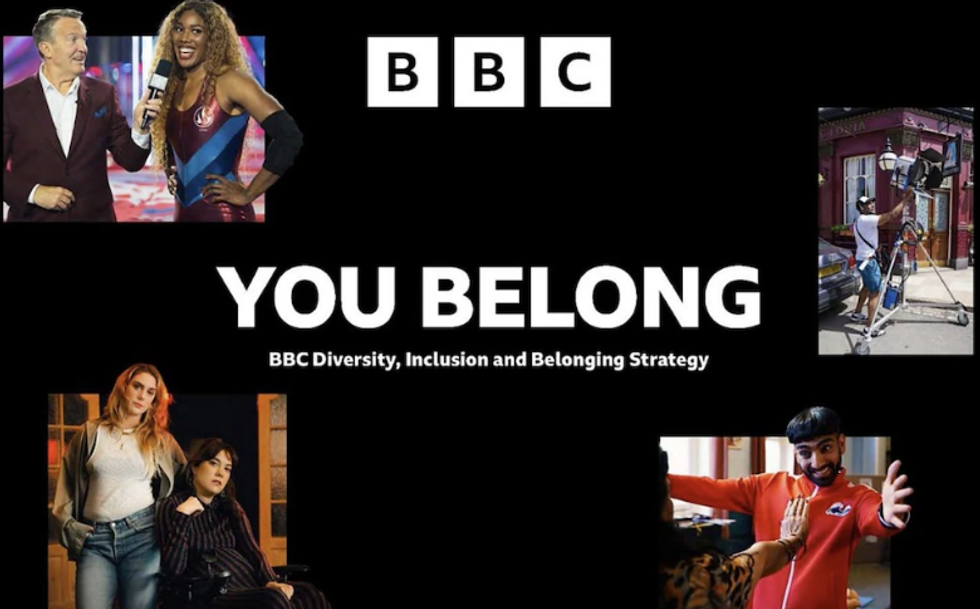
The BBC’s suspension of some courses comes despite commitments set out in its 2024 diversity strategy
|BBC
"We fully intend to comply with the law once guidance has been approved by Government, while ensuring that we provide facilities that respect the needs and rights of all staff and visitors to our buildings."
Women's rights advocate Susan Smith from For Women Scotland expressed concern about the implications for employees who acknowledge biological sex differences, suggesting the training programmes could create difficulties for "sex-realist staff" within the corporation.
She told the Telegraph: "For some time, insiders and licence-fee payers have been concerned about the level of capture which gender identity ideology has achieved in the purportedly unbiased BBC."
She said: "Our only surprise is that there were just four courses which gave rise to concerns; we also wonder if the corporation offered training for 'allies' on any other protected characteristic."
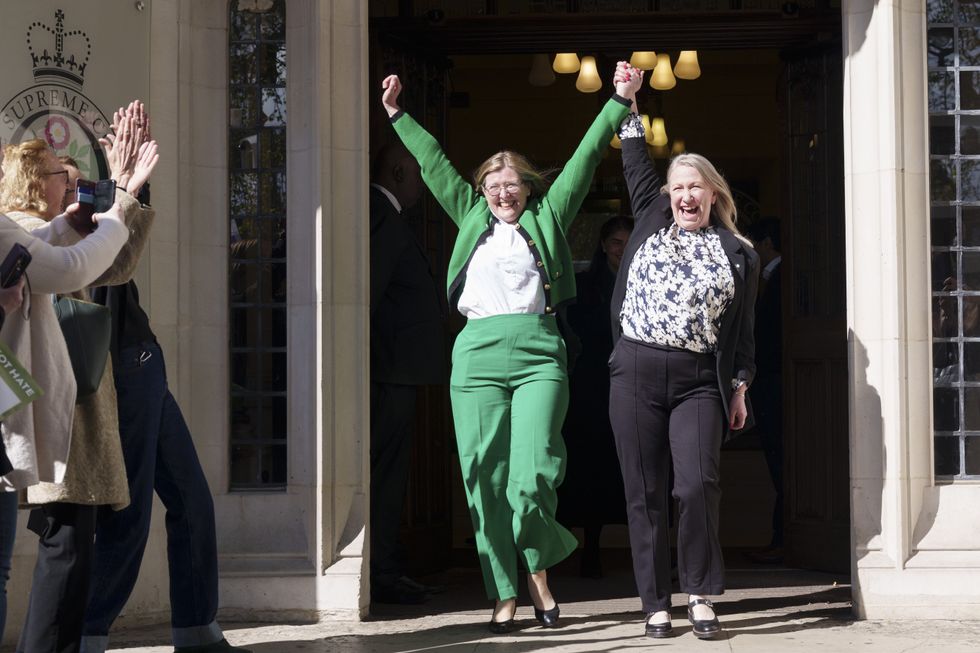
In April, the Supreme Court ruled that the term 'woman' in the Equality Act was defined by biological sex
| GettyMs Smith added: "We hope that they will come clean about the extent of this training and move urgently to ensure that staff are apprised of the realities of the law so that they can adhere to the Supreme Court ruling and ensure better, fairer reporting on this subject."
The BBC’s suspension of some courses comes despite commitments set out in its 2024 diversity strategy, which stated: "We are proud of the progress that has been made, but we know we have more to do to ensure we truly represent the audiences we serve, particularly in the areas of ethnicity and disability.
"We also know that the labels we’re using to set these workforce goals may not represent the way in which everyone chooses to describe themselves.
"These groupings are important to hold ourselves to account, report on our progress and ensure we’re focused on dismantling the barriers that are experienced by people from different backgrounds.
"We’re also looking at how we represent and reflect our audiences more widely, for example, ensuring our LGBTQ+ staff, faith groups and people of different ages feel a sense of belonging at the BBC."





